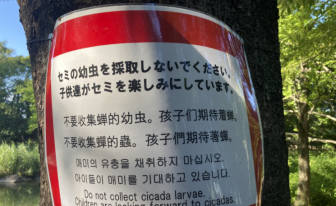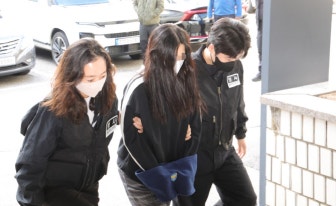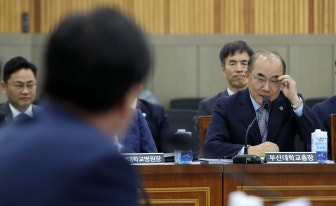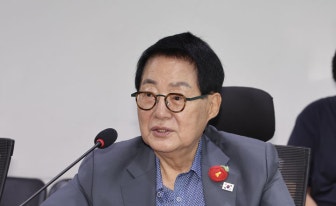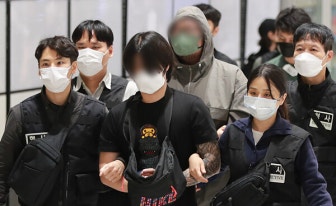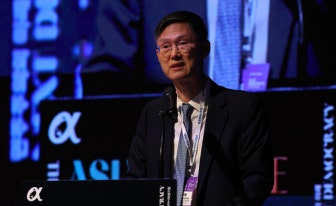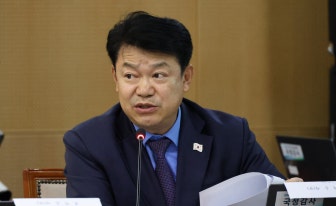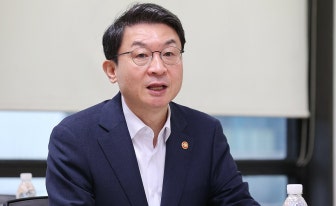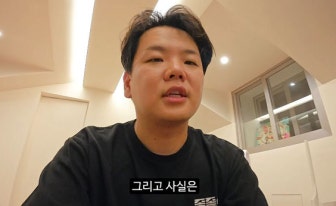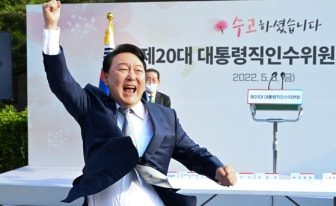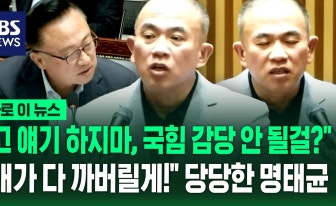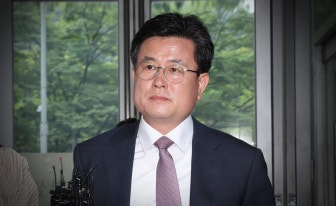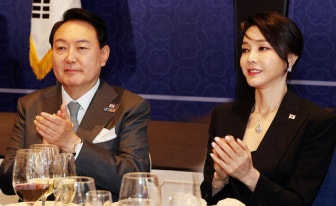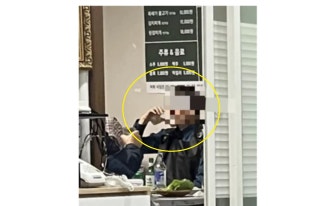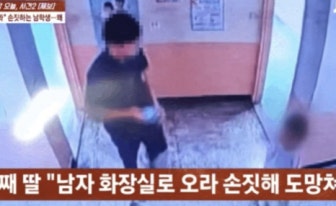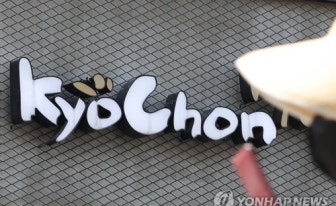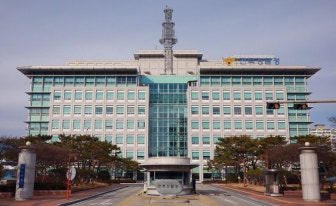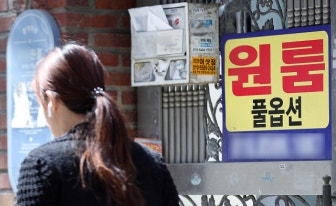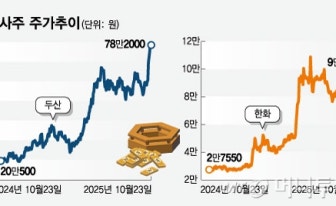Deputy Prime Minister and Finance Minister Koo Yun-cheol said Thursday that it remains uncertain whether U.S. President Donald Trump will be persuaded to ease Washington’s demand that Korea make an "upfront" investment of $350 billion as part of ongoing trade negotiations.
“The basic position of the U.S. side is to have the $350 billion executed ‘upfront,’ or in advance,” Koo said, speaking to reporters at the International Monetary Fund (IMF) headquarters in Washington, where he is currently visiting.
Koo noted that working-level officials, including U.S. Treasury Secretary Scott Bessent, understand Korea’s foreign exchange conditions and fiscal constraints. “However, it’s difficult to predict how much of this President Trump will ultimately accept,” he said.
During his meeting with Bessent on Wednesday, Koo conveyed Korea’s concerns that such a large-scale upfront investment could destabilize the country’s foreign exchange market.
“Secretary Bessent is aware that it would be difficult for Korea to execute such a large sum all at once,” Koo said. “I asked him to communicate Korea’s position to other members of the U.S. administration, and he responded positively, saying he would fully explain the situation.”
Koo emphasized that the impact of the $350 billion investment on foreign exchange stability would depend on the specific scheme. “If the entire amount is paid upfront in a short period, it could significantly increase volatility in the foreign exchange market,” he warned.
Asked about media reports suggesting that the investment might be spread over 10 years or that funds could be raised in Korean won, Koo said, “That’s the first I’ve heard of it.”
When questioned on whether the United States has asked Korea to increase imports of U.S. soybeans as part of the trade talks, Koo declined to confirm, saying, “It’s a matter under negotiation.”
This article was originally written in Korean and translated by a bilingual reporter with the help of generative AI tools. It was then edited by a native English-speaking editor. All AI-assisted translations are reviewed and refined by our newsroom.


















